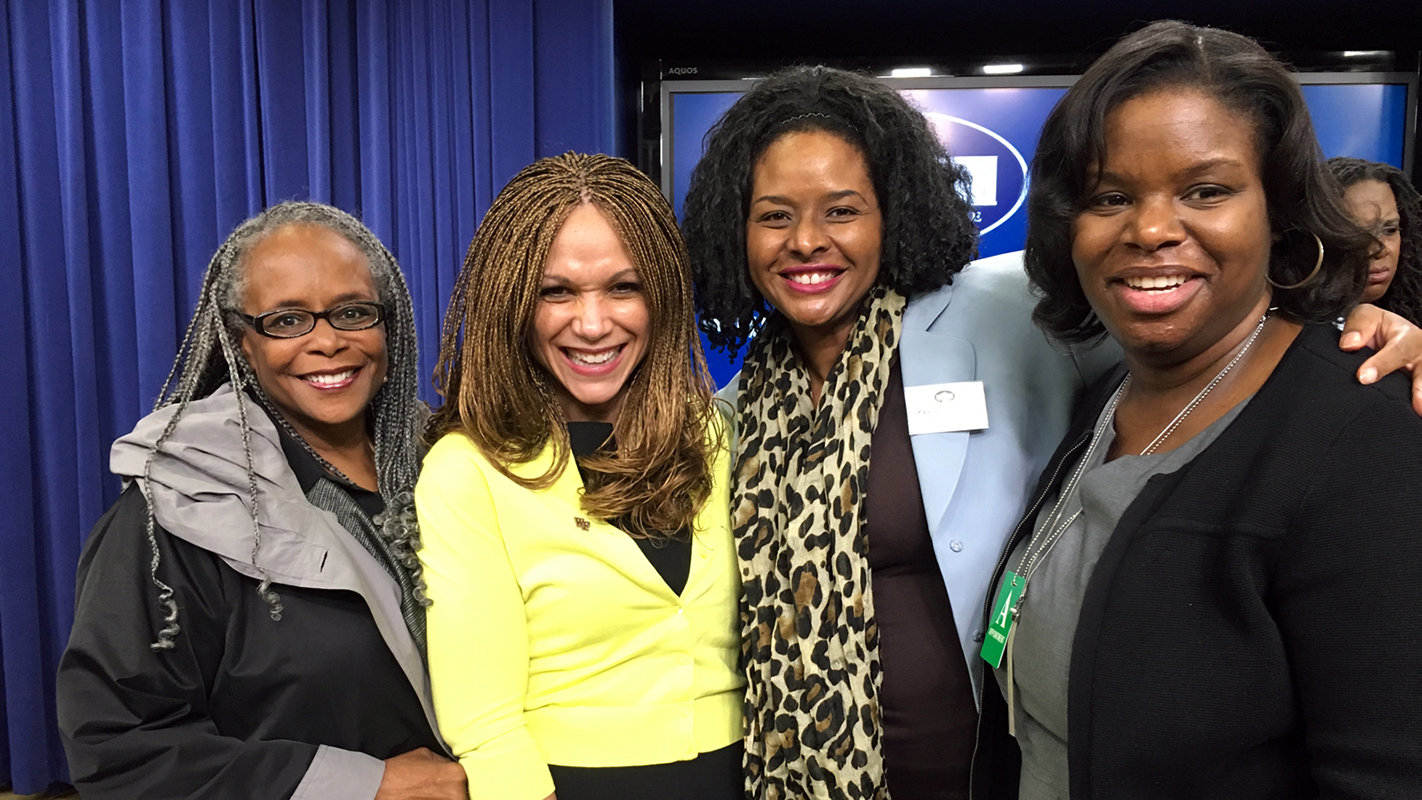NC State Backs Effort to Advance Equity in Research

Editor’s Note: This is a guest post from Nash Dunn, a writer in the communications office of the College of Humanities and Social Sciences. The post first appeared on the College of Humanities and Social Sciences site.
NC State is part of a growing national initiative to advance research on women and girls of color.
By joining the Collaborative to Advance Equity through Research, the university has committed to supporting its existing research about women and girls of color while also developing new opportunities for scholarly inquiry.
“We hope this will shed light on the ongoing work in this area, demonstrate gaps in what we can be doing and show areas where we can grow and collaborate with one another,” said Blair Kelley, the collaborative’s lead researcher at NC State and the assistant dean for interdisciplinary studies and international programs in the College of Humanities and Social Sciences.
NC State is one of more than 30 institutions that have joined the collaborative, a voluntary affiliation of universities, colleges, seminaries, research agencies and other organizations. Created by the Anna Julia Cooper Center at Wake Forest University, and in conjunction with the White House Council on Women and Girls, the collaborative addresses a call for action voiced at a White House forum in November 2015. A related report by the White House Council on Women and Girls was also released in November.
The collaborative says that while women of color will constitute more than half of the entire United States female population by 2050, they are infrequently the central subjects of academic research. That deficit, the group says, has meaningful consequences for public discourse and policymaking.
Since the collaborative was announced last fall, members have committed more than $60 million to research on their respective campuses across the nation. NC State has pledged to:
- Review existing campus-wide research on women and girls of color and share the results of the study with members of the collaborative to share best practices, highlight areas of institutional strength, and highlight opportunities to grow new areas of scholarship.
- Leverage research funds to give faculty added incentives faculty to research women and girls of color.
- Identify opportunities to invest in research-intensive, high-impact course proposals to allow undergraduate and graduate students to participate in new research on women and girls of color.
- Support opportunities to host cross-institutional working groups, conferences and research projects that highlight research on women and girls of color.
Kelley, who represented NC State when the collaborative was announced at the White House forum in November, said she’s currently surveying researchers across campus to assess what work is already underway. She’s also looking to build a committee of scholars who want to help further research on women and girls of color across campus.
“Although Humanities and Social Sciences is spearheading this effort, we want representation across campus,” Kelley said. “NC State is well positioned to make an unique contribution, particularly because of the campus wide focus on STEM (science, technology, engineering and math).”
Faculty who have questions or are interested in this research can contact Kelley at blmkelley@ncsu.edu. More information on the collaborative will soon be available at a new website that’s being developed, equitythroughresearch.com.
- Categories:


